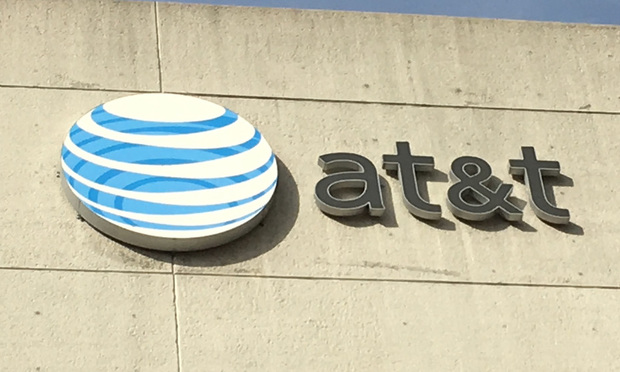'A Sea Change in the Gaming Landscape' After Murphy v. NCAA
In the wake of Monday’s
sports betting decision in Murphy v. NCAA, it’s hard to think of a Supreme Court ruling in recent years that has rung more bells in more legal practices nationwide.
In addition to sports and gaming law, there will be complex legal and lobbying work in the areas of tribal law, state and federal regulation, and state-federal clashes over a host of hot-button issues beyond sports. Think sanctuary cities, environmental regs, gun control, the marijuana industry, and more.
The decision doubled down on states’ rights under the Tenth Amendment, and could
herald a revival of the Rehnquist court’s federalism juggernaut. The Rehnquist court’s embrace of state sovereignty seemed to weaken when states enacted policies on assisted suicide and medical marijuana, among other subjects that conservatives were not wild about. The Trump administration may face similarly difficult choices when it comes to state policies it does not like.
And don’t think that this federalism talk leaves the federal government out of the picture. As Justice Samuel Alito Jr. noted in his majority, “Congress can regulate sports gambling directly, but if it elects not to do so, each state is free to act on its own.” Congress won’t be shy about accepting the invitation and getting in the game.
What follows are some comments we received and thought interesting on the fallout from Murphy:
• Irwin Raij, co-chair of
O’Melveny & Myers sports industry group, and an owner of professional sports franchises: “The state-by-state approach that is about to follow will necessarily mean that different states will legalize gambling in different ways. In the sports industry, that’s going to place a huge onus on the leagues (and perhaps also universities) to (1) quickly implement regulations to ensure the 'integrity' of the sport, but also (2) pursue legislative solutions in states and in Congress … Suffice it to say, handicappers could make a lot of money not only betting on sports, but also betting how betting on sports is going to develop in the coming weeks and months."
• Richard Batchelder, commercial litigator and sports lawyer at
Ropes & Gray: "States looking to find another source of revenue, as well as dynamic and innovative companies focused on enhancing the experience of both the casual and dedicated sports fan, will act quickly to take advantage of the changing landscape made possible by today’s momentous decision.”
• Hilary Tompkins, a partner at
Hogan Lovells and former solicitor for the U.S. Interior Department: “The decision is a sea change in the gaming landscape. States that previously could not authorize sports betting will be able to pass laws permitting such gaming. Tribes will need a seat at the table before the state considers such changes to ensure all legally-protected rights of tribes are honored."
• Ilya Shapiro of the
Cato Institute: “Indeed, as important as Murphy v. NCAA is for the gaming industry, the reason this case was so closely watched is because of its implications on so many areas of policy that have revealed federal-state tensions of late. From environmental regulation to sanctuary cities, marijuana to guns, states are flexing their sovereign muscles in a way that strengthens our body politic ... Federalism is good for red states and blue states alike.”
• Kate Lowenhar-Fisher, chair of
Dickinson Wright’s gaming practice in Las Vegas: “Those states that have already enacted sports betting legislation must be firing up their engines as we speak. If I were a major illegal bookmaker, I would avoid a connecting flight in the United States. Now we will see the true viability of the legal sports betting market in the United States. Watch for state governments learning some hard lessons about the economics of a regulated book. Plus I expect that the Wire Act will be next on the agenda.”













Comments
Post a Comment